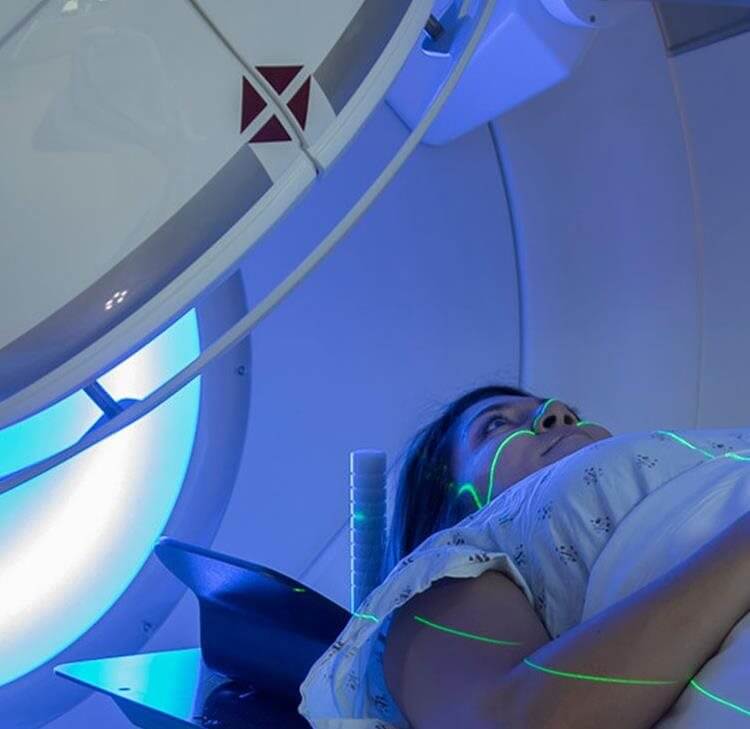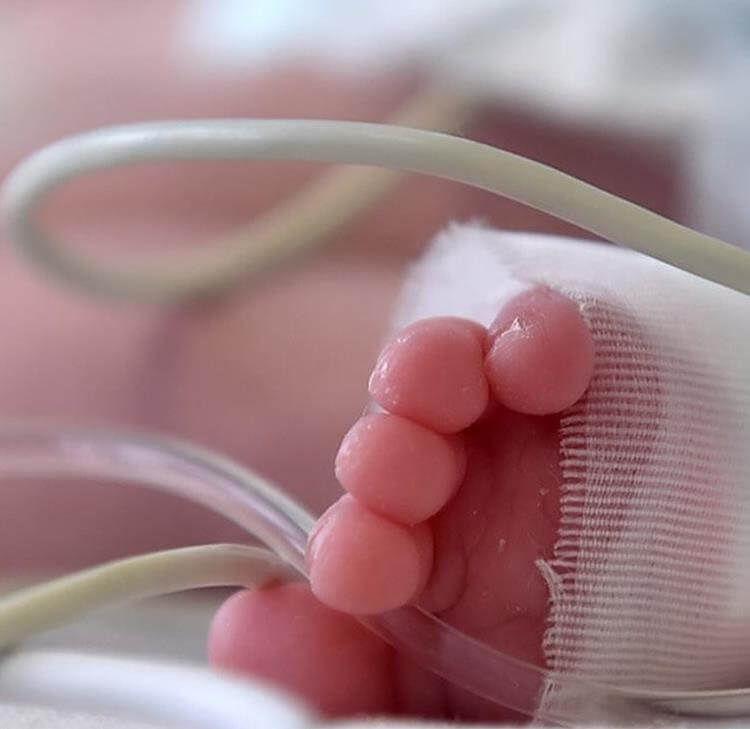Maternity mock inquest - film 3
This film highlights the importance of creating an open and transparent culture where staff feel able to speak up will help Trusts to identify problematic practise before significant issues arise.

This film highlights the culture and power dynamics in this fictional maternity unit, which are demonstrated by tension between the midwife and doctor and the impact that this had on the care in this case.
As detailed in the Ockenden Report, Trusts must have clear standard operating pathways on when and how to escalate but there also needs to be a culture whereby staff feel able to escalate their concerns and understand that they will be listened to. This is not just about escalation from midwife to obstetrician, but also registrar to consultant. Creating an open and transparent culture where staff feel able to speak up will help Trusts to identify problematic practise before significant issues arise.
The film also emphasises the importance of organisational learning evidence at inquest to provide the Coroner with assurance so that the statutory duty to issue a Report to Prevent Future Deaths is not triggered. If an organisation can demonstrate learning from the death and evidence that action has been taken to prevent future harm in advance of an inquest this may avoid a PFD Report. However, as highlighted in the Chief Coroner’s updated guidance, PFD reports are not intended as a punishment – they are a learning tool, issued for the benefit of the public.
Contact

Mark Hickson
Head of Business Development
onlineteaminbox@brownejacobson.com
+44 (0)370 270 6000
Discover more
Related expertise
You may be interested in...
Legal Update
Transforming maternity care: National expansion of the ABC programme to protect newborns
Opinion
Maternal Mental Health Awareness 2025
Legal Update
A new chapter for families: Reflecting on the first month of the introduction of neonatal care leave
Legal Update
Celebrating midwives in England and Wales on International Day of the Midwife
Opinion
Celebrating maternity excellence
Opinion
Antenatal Screening Wales Annual Report 2022-24
Legal Update
The Generation study at UHDB: A pioneering approach to genetic healthcare
Legal Update
Improving maternity care for recent migrant women with language barriers
Legal Update
New rights to Neonatal Care Leave and Pay Act: What do employers need to know
Legal Update
Improving maternity safety: Insights from MNSI’s annual recommendation report
Legal Update
University Hospitals of Derby and Burton NHS Foundation Trust invest in telemetry to improve maternity care and patient experience in labour
Legal Update
Informed consent and caesarean birth: RCOG launches new obstetrics animation
Legal Update
MNSI annual report 2023/24: Key insights and future ambitions for maternity safety
Opinion
Enhancing care for women with ectopic pregnancies: Insights from MBRRACE-UK
Legal Update
DISCERN study published: How to improve discussions with families when things go wrong in maternity care
Opinion
Revolutionising patient care: Innovative kit for instant translation in 240 languages
Opinion
New Government plans for NHS maternity services: What can we expect?
Opinion
New online system streamlines maternity services at The University Hospitals of Derby and Burton NHS Foundation Trust
Opinion
The power of parental touch for babies undergoing painful procedures
Opinion
Newborns born outside of hospitals at higher risk of hypothermia during emergency responses
Opinion
Health Service Journal reports on growing trend of “free birthing”
Legal Update
Introduction of baby loss certificates gives recognition to millions of bereaved families in the UK
Legal Update
Chesterfield Royal Hospital ranked amongst the top Trusts nationally in the 2023 Maternity Survey
Opinion
Coronial investigations of stillbirths - summary of consultation responses
Opinion
BBC investigation finds NHS interpreting service problems contributed to baby deaths and serious brain injuries
Legal Update
The NHS Long Term Workforce Plan 2023
Legal Update
HSIB publishes 'Maternity Investigation Programme: Year in Review 2022/23'
Opinion
Racial disparities in maternity care
Opinion
University Hospital Leicester hold their inaugural Maternity Safety Conference
Opinion
Changes to redundancy protections for employees post-maternity leave
Press Release
Father Christmas comes to University Hospital Coventry and Warwickshire care of Browne Jacobson’s Birmingham Office Community Action Group
Opinion
The Patient Safety Incident Response Framework (PSIRF) and its impact on maternity services
Guide
Mediation guide for Clinicians: What do you need to know and how do you need to prepare
Opinion
Baby Loss Awareness Week
On Saturday 15 October a wave of light swept the internet when thousands of people flooded social media with pictures of candles to remember the babies that they have lost. This event signifies the end of Baby Loss Awareness Week which aims to break the silence that is associated with baby loss in pregnancy and infancy.
Opinion
The impact of COVID-19 on maternal deaths
HSIB published its report on Maternal deaths during the first wave of COVID-19. The report takes a closer look at the impact that COVID-19 had during the initial period of March to May 2020.
Legal Update
The Ockenden Final Report – a blueprint for safe maternity care from ward to Board
The much anticipated final Ockenden report was published on 30 March 2020. The final report sets out the findings of the review into care provided to 1,486 families, and sets out a blueprint for safe maternity care.
On-Demand
Maternity mock inquest - film 1
Consent is often a key issue in obstetric claims and if it is relevant to the facts of the death, its likely to be an area explored by a coroner.
On-Demand
Maternity mock inquest - film 2
This video illustrates some of the issues that can arise when a witness is poorly prepared.
On-Demand
Maternity mock inquest - film 3
This film highlights the importance of creating an open and transparent culture where staff feel able to speak up will help Trusts to identify problematic practise before significant issues arise.
Legal Update
Checklist when preparing for remote participation in an inquest hearing
Lockdown restrictions in March 2020 led to many inquest hearings being postponed. As restrictions eased, Coroners came under increasing pressure to reduce the number of delayed inquest hearings. In June 2020, the Chief Coroner issued Guidance No. 38 to facilitate remote participation in coroner’s inquests.































